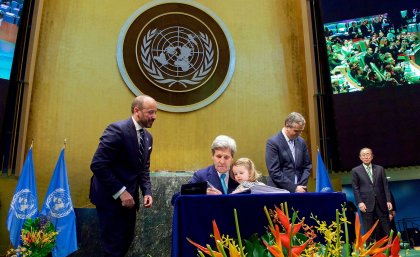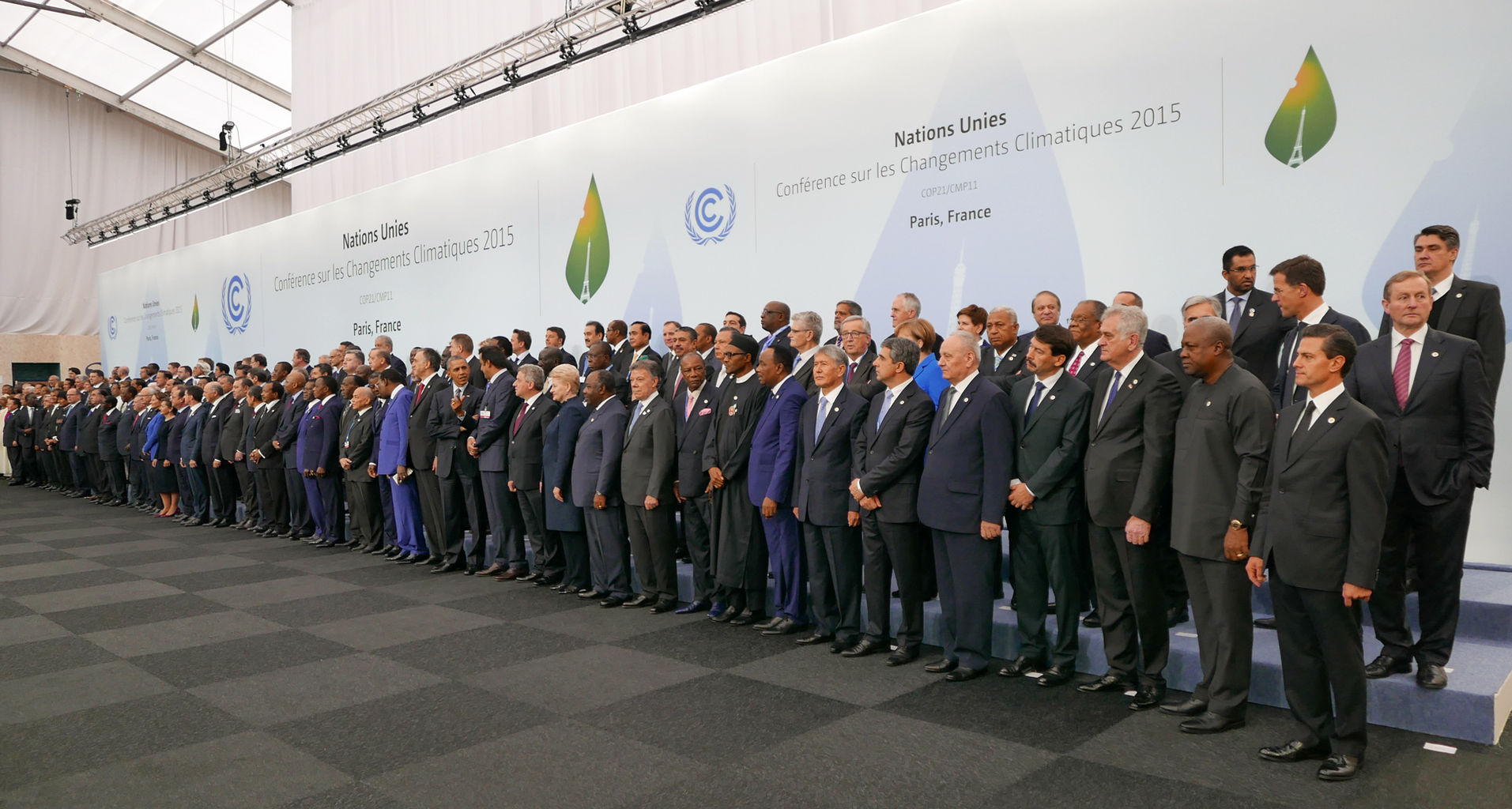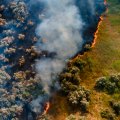
As the dust settles following Donald Trump’s shock US presidential win, researchers from Queensland, South Africa and the US believe it is not all doom and gloom for the environmental community.
The University of Queensland’s Dr Duan Biggs of the ARC Centre of Excellence for Environmental Decisions and Centre for Biodiversity and Conservation Science said the environmental movement should proactively seize opportunities over the next four years.
“China, Australia, Indonesia, Brazil and other countries have already indicated they will forge ahead with implementing the climate treaty signed in Paris, irrespective of the US position.”
In his article published today in Nature, Dr Biggs said the withdrawal of the US federal government from the international environmental movement provided space and opportunity for others like cities, states, companies, and communities to take action.
“The next four years will likely be challenging for the environmental movement, and megaphone diplomacy with the US government will be needed,” he said.
 “By proactively seizing opportunities, the environmental movement will be strengthened beyond a Trump presidency.”
“By proactively seizing opportunities, the environmental movement will be strengthened beyond a Trump presidency.”
Dr Biggs is also a senior research fellow with Griffith University’s Environmental Futures Research Institute and Stellenbosch University, South Africa.
The research published in Nature, also involved UQ PhD student Hubert Cheung and Associate Professor James Watson of the UQ School of Biological Sciences and the Wildlife Conservation Society; as well as scientists from Archipelago Consulting and University of New England Maine.
Above: Paris COP21 Climate Change participants pose for a group photo following ratification of the agreement in November 21, 2015. More than 195 countries pledged to reduce carbon emissions in the landmark agreement.
Media: d.biggs@uq.edu.au, +61 (0) 422 09 7024.
.jpg)









